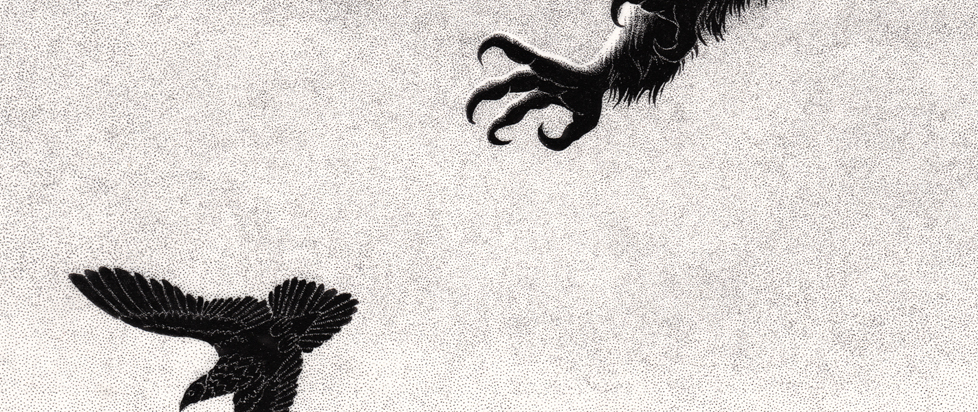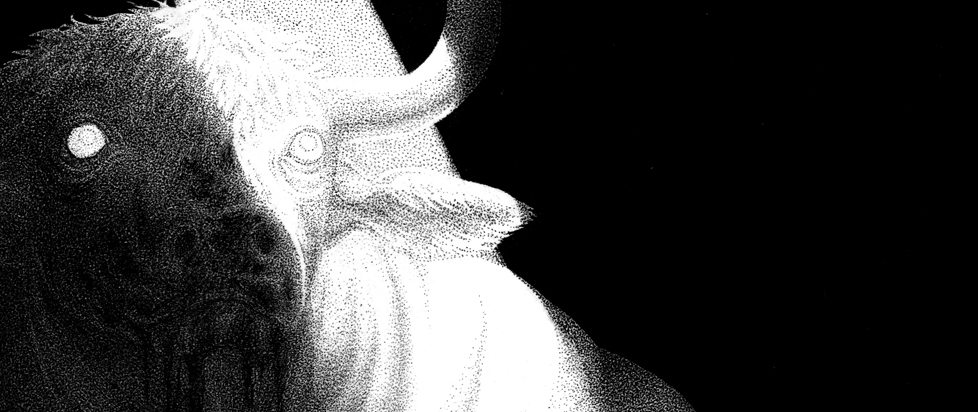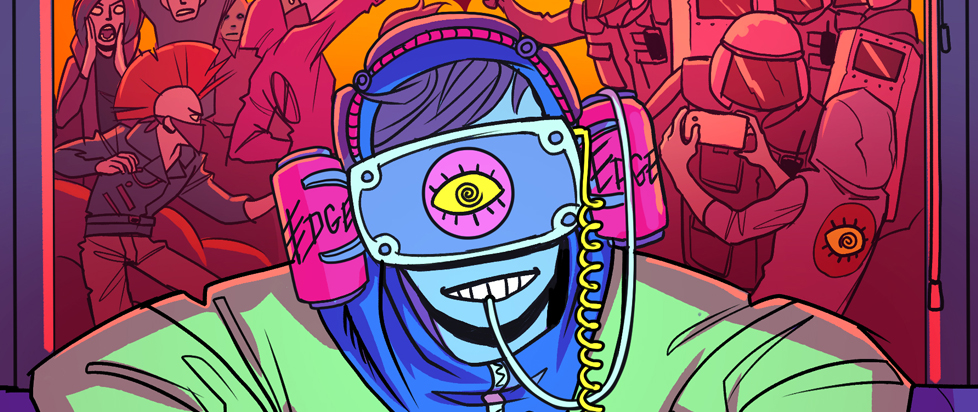
In the Suburbs I: Stardew Valley and Arcade Fire
This excerpt is from a feature story in Unwinnable Monthly #126. If you like what you see, grab the magazine for less than ten dollars, or subscribe and get all future magazines for half price.

Over the years as both a music fan and a gamer, I’ve developed a habit of listening to full albums while playing certain videogames. Obviously, games with heavy narratives and games that rely heavily on their sound design aren’t always suited to that, and sometimes a game’s soundtrack is so good that I want to listen to it every time I play, but some games are perfect for throwing on a record and relaxing. The act becomes almost meditative, even therapeutic, allowing my mind to be completely taken over by two of my favorite hobbies. I’ve found that roguelikes are good for listening to music because muscle memory takes over after a few playthroughs, even with procedural generation throwing new challenges at you. The best genre for listening to music, however, is arguably the management sim, and one of the best games in that genre is the farming sim Stardew Valley.
I got into Stardew Valley a bit late, but it struck me as it seems to have struck everyone else who’s played it – right in the heart. Initially designed as a fan-made ode to the Harvest Moon series, Stardew Valley eventually grew into an ambitious project with its own unique world and mechanics, adding and expanding on features like dungeon crawling and cooking. It’s filled with variety and strangely addicting gameplay. At first glance, it looks like a slow-paced, relaxing weekend game, but the sheer amount of stuff to do has kept me playing well into the night on weekdays, not wanting to leave its world, always looking toward my next farming goal or the next quest in my journal. Glancing at my PC’s clock at 2:00 in the morning feels like coming out of a hazy dream, transitioning back into a world I want no part of because it doesn’t have pigs who bring me truffles every morning and neighbors who send me their favorite recipes.
Every aspect of the game was developed by one person, Eric “ConcernedApe” Barone, which is increasingly impressive as you keep playing and you uncover more hidden secrets and reveal more depth. Barone created Stardew Valley’s endearing pixel art, developed every mechanic (including the best fishing minigame I’ve played), and composed the soundtrack. I would be remiss if I didn’t give props to the in-game music. I listened to it often in the beginning of my current campaign, which I’ve put about 150 hours into so far, and it perfectly encapsulates the feel of the game. Even now, if I’m listening to something else, I’ll sometimes pause my music and turn the in-game music back on just to hear certain tracks, like the serene “Dance of the Moonlight Jellies.”

That said, I soon fell into my habit of listening to full records while I played, as Stardew Valley’s gameplay lends itself to that really well. At one point, I revisited Arcade Fire’s seminal 2010 album The Suburbs. I didn’t put much thought behind it; I was reminded of the album, it had been a while since I’d listened to it, and I wanted to hear it again – that’s it. I was a couple of songs in when I realized that I couldn’t have chosen a more perfect musical backdrop. Throughout its hour-long runtime, The Suburbs deals with themes of growing up in suburban America under the shadow of encroaching capitalism, watching the world change rapidly around you and reconciling life’s expectations with reality. Lyricist Win Butler told NME that the album “is neither a love letter to, nor an indictment of, the suburbs – it’s a letter from the suburbs.” It’s about what it’s like to be a small person in a small place dealing with things that feel much bigger than you. It’s basically Stardew Valley’s narrative in lyrical form.
Stardew Valley’s story is slowly unraveled through conversations with the townspeople you meet and befriend. The more you interact with them, the more they open up to you, and you begin to notice a common narrative thread. Frankly, the people of Pelican Town are going through it. Each character is dealing with their own personal inner struggle, and you have the opportunity to be a good friend and help them or at least sympathize with them. Their problems will never fully go away, though, because in real life struggles never really end. On the surface, Stardew Valley seems whimsical and lighthearted, but it has an underlying sense of melancholy that’s missing from other games of its ilk. In Animal Crossing, your villagers don’t have much to worry about beyond making sure they pick out the right gift for a friend. Stardew Valley’s dialogue runs much deeper. In an interview with Vulture, Barone said he wanted the game to be fun but also wanted it to have “real-world messages.” Among the issues Pelican Town’s inhabitants are coping with are depression, alcoholism, grief, PTSD, loneliness, job insecurity and just general disillusionment with life.
———
Alyssa Hatmaker is a freelancer based in Tennessee. She’s trying to write a novel, but she usually just writes about videogames instead. You can find her portfolio at amhatmaker.com
You’ve been reading an excerpt from Unwinnable Monthly Issue 126.
To read the article in its entirety, please purchase the issue from the shop or sign up for a subscription to Unwinnable Monthly!




